Less than a month after Oxford Dictionaries named “post-truth” its word of the year for 2016, Dictionary.com has announced its word of the year: xenophobia, a “fear or hatred of foreigners, people from different cultures, or strangers.”
https://t.co/EUoGOgOI7S's word of the year means a fear of "otherness." https://t.co/HFPw1fJwco
— Idaho Statesman (@IdahoStatesman) November 28, 2016
https://twitter.com/KristenSteinART/status/803225130163965952
the dictionary dot com word of the year 2016 is xenophobia and if that's not the most appropriate thing, nothing is.
— My name is Rachel and I'm here to waste my time (@getoffmyplanet) November 28, 2016
Not surprising is the fact that, yes, Donald Trump had a lot to do with the decision. However, the big spike in online searches for the definition of xenophobia first came in June, on the day British citizens voted to exit the European Union.
That vote sent plenty of Brexit voters scurrying to the dictionary to find out just what they were being accused of. Forget whatever reasons they thought they had for voting to leave the European Union; in reality, it was xenophobia that influenced their vote.
Why @Dictionarycom's 2016 word of the year is 'xenophobia' https://t.co/I0OgLCilKg
— Katy Steinmetz (@katysteinmetz) November 28, 2016
Similarly, searches for xenophobia spiked in the United States in the summer after President Obama publicly expressed concern that Donald Trump’s rhetoric didn’t represent populism, but rather “nativism or xenophobia.” (Hillary Clinton wouldn’t drop the word “deplorables” for another three months or so.)
Recommended
What else was behind Dictionary.com’s decision? The Hollywood Reporter talked to lexicographer Jane Solomon.
The Brexit vote, police violence against people of color, Syria’s refugee crisis, transsexual rights and the U.S. presidential race were among prominent developments that drove debate — and spikes in lookups of the word, said Jane Solomon, one of the dictionary site’s lexicographers.
Speaking of President Obama, Solomon told the Hollywood Reporter that she would have preferred a word like “unicorns” to have won the honor.
"I wish we could have chosen a word like unicorns," says @janesolomon about @Dictionarycom Word of the Year. https://t.co/yCmZUrZYdi #woty16
— Ben Zimmer (@bgzimmer) November 28, 2016
??? If only @Dictionarycom's data pointed to unicorns this year! ??? https://t.co/C01XYCuiS3
— 〰️Jane Solomon〰️ (@janesolomon) November 28, 2016
In another reality where President Obama is preparing to begin his third term, “unicorns” is likely word of the year every year.


















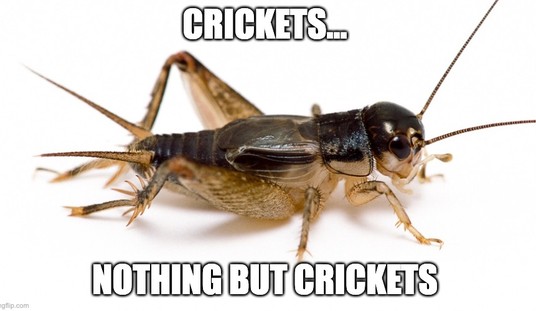

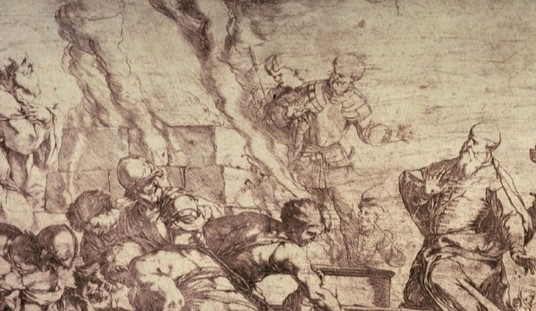
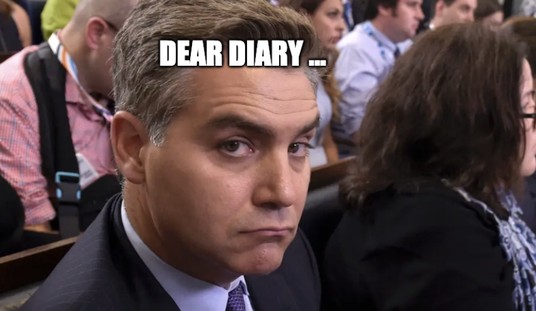
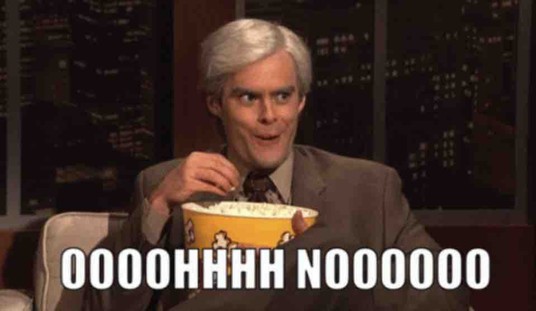
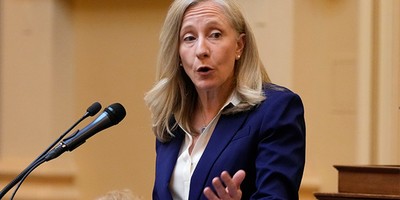
Join the conversation as a VIP Member